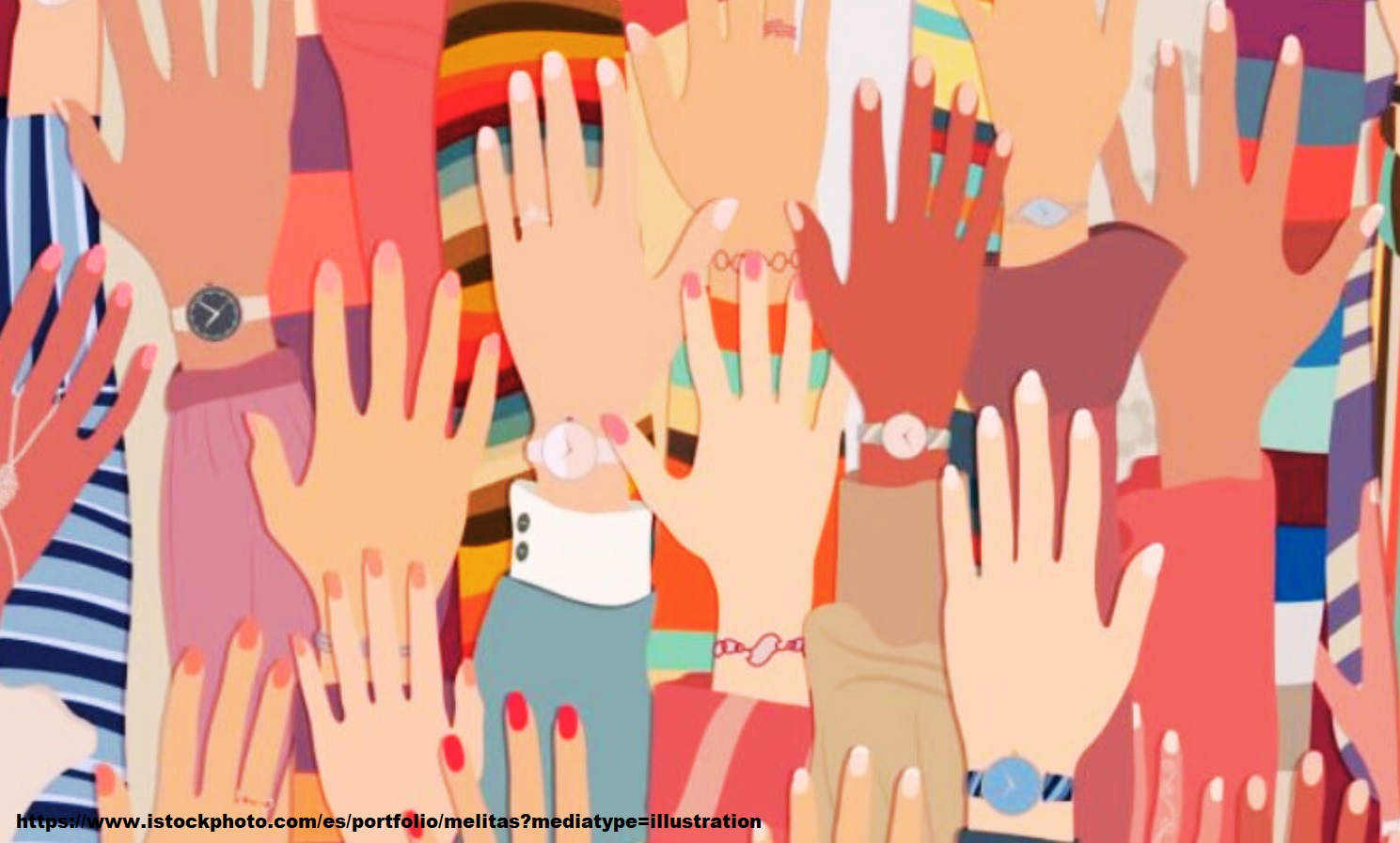Coping mechanisms for being alive in the anthropocene. Brit Maling’s intersectional spiritual ecofeminism: texts, contexts, and activism
DOI:
https://doi.org/10.54103/2035-7680/23072Keywords:
ecofeminism; intersectionality; Popular Culture; TV serialityAbstract
Focusing on the analysis of the movies and the TV series created by Brit Marling with some recurring collaborators (Sound of my Voice [2011], Another Earth [2011], The East [2013], The OA [2016-2019]), the article proposes an interpretation of the author’s work within the context of an intersectional spiritual ecofeminism recognizable in in her poetics, highlighting its connection to some of the most relevant movements of the 2010s – feminists, environmentalists, and against systemic violence. While Marling’s narratives always revolve around imminent catastrophes, different forms of violence, and humanity’s role in the fate of the Earth, the message that emerges from these texts is always oriented towards the search for alternative ways to create interconnections and new possible futures. It is not only accurate to refer to Marling’s work as an engaged poetics, but the reception of her work too has involved an activist dimension: the sequence of movements that in The OA embodies the strength of the intersubjective bond between the characters has been integrated into various flashmobs, one of the most participated took place in August 2017 at the Trump Tower in New York to protest against the administration in power.
Downloads
References
Another Earth. Diretto da Mike Cahill. Artist Public Domain, 2011.
Berman, Judy. “What Are Critics Saying About Netflix’s Mysterious New Show, ‘The OA’?” The New York Times, 16 dic. 2016. https://www.nytimes.com/2016/12/16/watching/netflix-the-oa-critcs.html. Consultato l’8 mag. 2023.
Biano, Ilaria. “Popular Culture and Posthuman Feminism. An Exercise in Thinking with Rosi Braidotti and Brit Marling.” Feminist Media Studies, vol. 23, no. 2, 2023, pp. 718-722. DOI: 10.1080/14680777.2023.2189563.
Braidotti, Rosi. Posthuman Feminism. Polity, 2021.
---. “Generative Futures: On Affirmative Ethics.” Critical and Clinical Cartographies – Architecture, Robotics, Medicine, Philosophy, a cura di Andrei Radman e Heidi Sohn, Edinburgh UP, 2017, pp. 288-308.
---. “Conclusion: The Residual Spirituality in Critical Theory: A Case for Affirmative Postsecular Politics.” Transformations of Religion and the Public Sphere Postsecular Publics, a cura di Rosi Braidotti et al., Palgrave McMillian, 2014, pp. 249-272.
---. “In Spite of the Times: The Postsecular Turn in Feminism.” Theory, Culture & Society, vol. 25, no. 6, 2008, pp. 1-24.
Brennan, Ailis. “The OA is the biggest Netflix series you’ve never heard of.” GQ, 17 dic. 2016, https://www.gq-magazine.co.uk/article/the-oa-netflix. Consultato l’8 mag. 2023.
Eaton, Heather. “Liaison or Liability: Weaving Spirituality into Ecofeminist Politics.” Atlantis, vol. 21, no. 1, 1996, pp. 109-122.
Estévez-Saá, Margarita, e María Jesús Lorenzo-Modia. “The Ethics and Aesthetics of Eco-caring: Contemporary Debates on Ecofeminism(s).” Women’s Studies, vol. 47, no. 2, 2018, pp. 123-146.
Gaard, Greta. Ecological Politics. Ecofeminists and the Greens. Temple UP, 1998.
---. “Living Interconnections with Animals and Nature.” Ecofeminism, a cura di Greta Gaard, Temple UP, 1993, pp. 1-12.
Gilbert, Sophie. “What Is The OA Actually About?” The Atlantic, 20 dic. 2016. https://www.theatlantic.com/entertainment/archive/2016/12/what-is-the-oa-actually-about/511145/. Consultato l’8 mag. 2023.
Graham, Elaine. “Manifestations of the Posthuman in the Postsecular Imagination.” Perfecting Human futures. Transhuman Visions and Technological Imaginations, a cura di J. Benjamin Hurlbut e Hava Tirosh-Samuelsonm, Springer, 2016, pp. 51-72.
Grippo, Jess. “‘The OA Flashmob’ Five Movements in Front of Trump International Hotel NYC.” YouTube, uploaded 3 Aug. 2017, www.youtube.com/watch?v=vlRNnC7GupQ.
Grow, Kori. “‘The OA’: Behind the Scenes of Netflix’s Mysterious New Hit Series.” Rolling Stone, 23 dic. 2016. https://www.rollingstone.com/tv-movies/tv-movie-features/the-oa-behind-the-scenes-of-netflixs-mysterious-new-hit-series-122824/. Consultato l’8 mag. 2023.
Handler, Rachel. “The #SavetheOA Movement Is About More Than a TV Show.” Vulture, 28 ago. 2019. https://www.vulture.com/2019/08/the-oa-movement-is-about-more-than-a-tv-show.html. Consultato l’8 mag. 2023.
Jackson, Dan. “Netflix’s New Sci-Fi Show ‘The OA’ Is a Brain-Teasing Binge-Watch.” Thrillist, 16 dic. 2016. https://www.thrillist.com/entertainment/nation/the-oa-review-netflix-series. Consultato l’8 mag. 2023.
Kings, A. E. “Intersectionality and the Changing Face of Ecofeminism.” Ethics and the Environment, vol. 22, no. 1, 2017, pp. 63-87.
Kourlas, Gia. “Netflix’s ‘The OA’ and the Transformative Power of Dance.” The New York Times, 2 feb. 2017. https://www.nytimes.com/2017/02/02/arts/dance/netflixs-the-oa-and-the-transformative-power-of-dance.html. Consultato l’8 mag. 2023.
Marling, Brit. “I Don’t Want to Be the Strong Female Lead.” The New York Times, 7 feb. 2020. https://www.nytimes.com/2020/02/07/opinion/sunday/brit-marling-women-movies.html. Consultato l’8 mag. 2023.
--- [@britmarling]. “We’re humbled, to be honest floored.” Instagram, 23 ago. 2019. https://www.instagram.com/p/B1hKgS9pUZG/. Consultato l’8 mag. 2023.
--- [@britmarling]. “Some of you may know already.” Instagram, 5 ago. 2019. https://www.instagram.com/p/B0ykCdLJYD5/. Consultato l’8 mag. 2023.
---. “Harvey Weinstein and the Economics of Consent.” The Atlantic, 23 ott. 2017. https://www.theatlantic.com/entertainment/archive/2017/10/harvey-weinstein-and-the-economics-of-consent/543618/. Consultato l’8 mag. 2023.
Martín, Mónica. “Awakening from Neoliberal Rationalities: The Ecological Conversion of Brit Marling’s Protagonist in the East.” Journal of Film and Video, vol. 74, no. 1-2, 2022, pp. 19-27.
Mickey, Sam. “Editor’s Preface.” Literature and Ecofeminism Intersectional and International Voices, a cura di Douglas A. Vakoch e Sam Mickey, Routledge, 2018, pp. xvii-xix.
Smyth, Elizabeth. “Using Dance as a Tool of Resistance.” Medium, 3 mar. 2021. https://medium.com/missing-link/using-dance-as-a-tool-of-resistance-70777cc2df15. Consultato il 13 nov. 2023.
Sound of my voice. Diretto da Zal Batmanglij. Skyscraper Films. 2011.
Storey, John. Consuming Utopia Cultural Studies and the Politics of Reading. Routledge, 2022.
Sweeney, David. “‘To Exist is to Survive Unfair Choices’: ‘Tribal Ontology’ in the Netflix Originals Series The OA.” The Comparatist, vol. 44, no. 1, 2020, pp. 115-134.
The East. Diretto da Zal Batmanglij. Scott Free Productions, Dune Entertainment. 2013.
The OA. Diretto da Zal Batmanglij. 16 Episodi. Plan B Entertainment, Anonymous Content, 2016-2019.
Downloads
Published
How to Cite
Issue
Section
License

This work is licensed under a Creative Commons Attribution-ShareAlike 4.0 International License.




